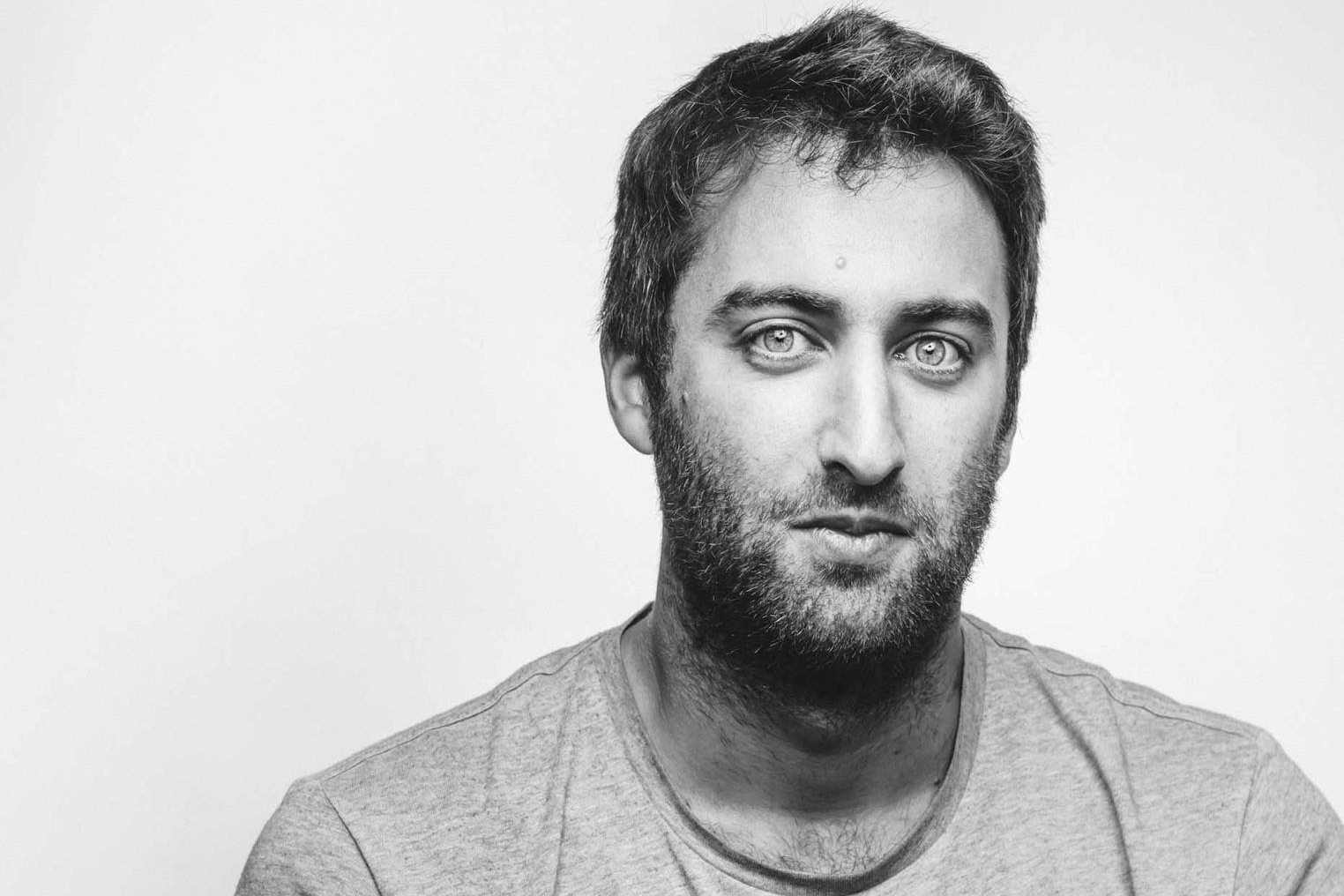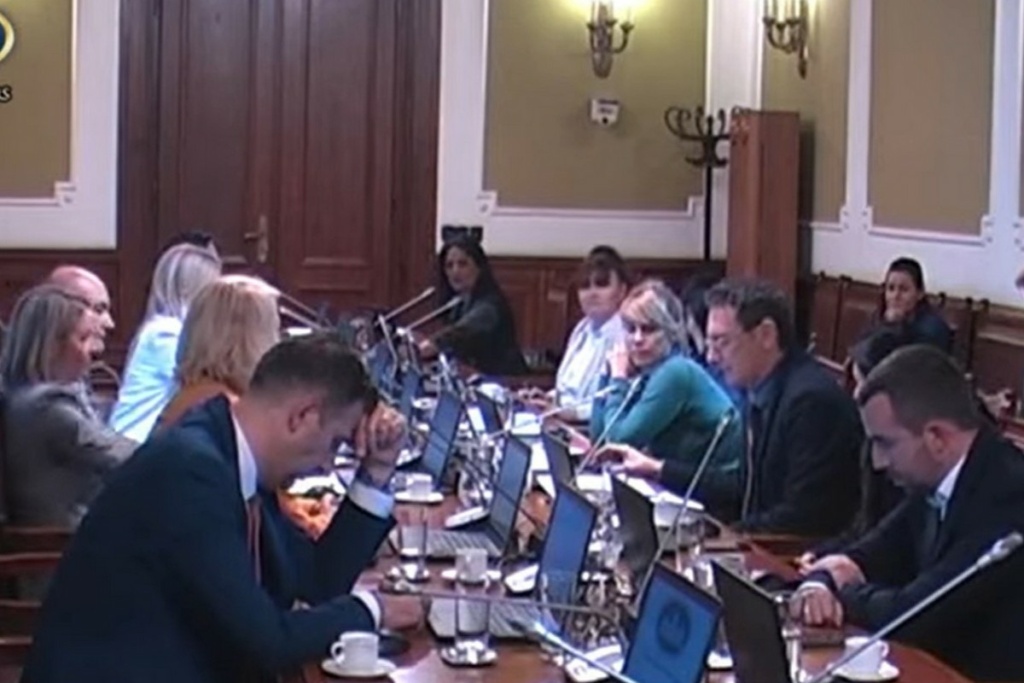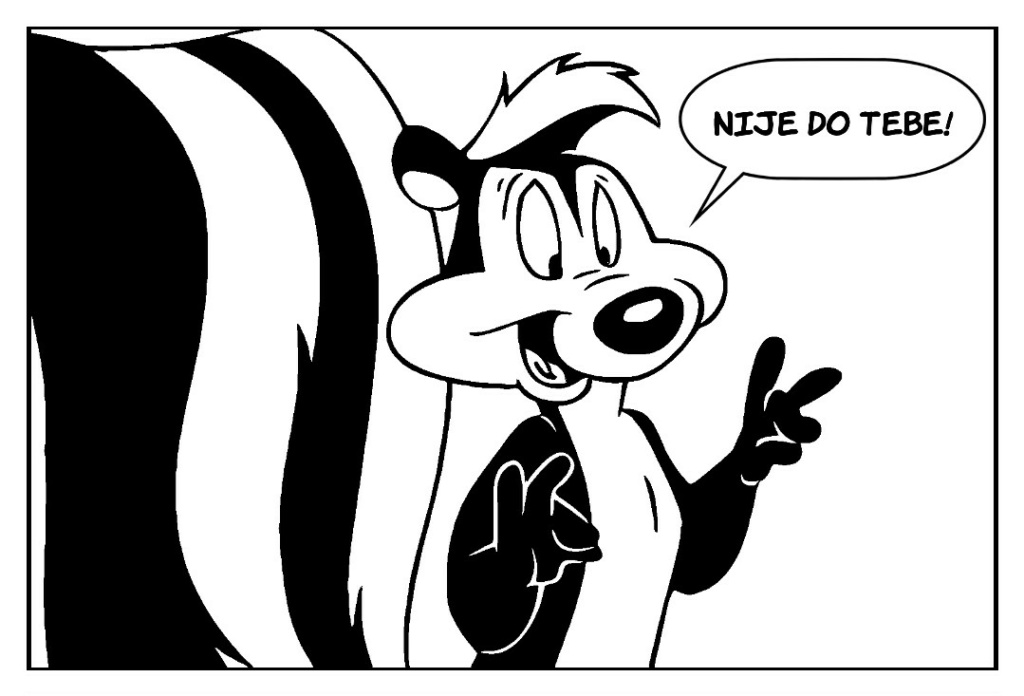
Matthew Caruana Galizia (photo: personal archive)
She was sometimes described as a One-woman Wikileaks because her investigations had effects similar to the work of the organizations founded by Julian Assange.
Daphne Caruana Galizia lived and worked in Malta, an island-state where, as the saying goes, everybody knows everybody.
In her investigative blog Running Commentary, Daphne Caruana Galizia wrote about crime and corruption, and her stories were so successful that the blog sometimes had over 500.000 daily hits, which is more than the number of people living in Malta or the readership of all Maltese media combined.
Daphne had envisioned Malta in Europe, led by European values. She was often targeted for her writing, and her house was attacked by Molotov cocktails.
The last sentence of her very last blog, before she lost her life in an explosion caused by a bomb placed under her car in October 2017, was „There are crooks everywhere you look now. The situation is desperate.“
After her tragic death, her family- three sons and the husband did all they could to shed light on the case.
Even though right after the murder, all I wanted to do was to be alone, my brothers, father and I started speaking out immediately. This comes at a huge psychological cost, which is part of the trail of destruction that a murder leaves.
According to the media reports, the killers were discovered with relative ease by tracking mobile phones’ data, but further investigation was not productive. After the push from the family as well as local and international advocacy groups, the Council of Europe has named a Dutch MP Pieter Omtzigt to be a special rapporteur for Malta. His findings pointed to „false starts and broken promises from the Muscat administration.“
Forbidden Stories, a non-profit with the mandate to complete investigations of the killed or detained journalists, has launched The Daphne Project, in which 45 reporters from 18 media outlets and 15 counters collaborated in continuing and publishing Daphne’s work.
It is a widely held belief that those investigations, among some lead to Montenegro, are the reason that the main suspect is now in custody and that in January 2020, the government of Joseph Muscat has collapsed.
There and a half years after the murder, finally some good news is coming from Malta. One of the perpetrators, Vincent Muscat, has pleaded guilty to committing the murder and is sentenced to 15 years in prison. Other suspects, including Yorgen Fenech, the chief suspect in the murder, deny the charges.
Matthew Caruana Galizia is Daphne’s oldest son and the executive director of Daphne Foundation. He is an investigative journalist in his own right, and together with his colleagues, the winner of the Pulitzer Prize for the investigation known as the Panama Papers. He spoke for Cenzolovka about endurance, solidarity, and a fight for the truth.
Cenzolovka: Could you please tell us the latest about the trial?
The previous European Commission under Juncker was very close to Joseph Muscat, and did everything possible to protect him. So, the first two years were very hard.
Matthew Caruana Galizia: It is in the compilation of evidence stage. This means that the prosecution is presenting the evidence against the main suspect, Yorgen Fenech. We believe that he is the mastermind behind the murder. He has not been indicted yet. So, we have at least another year to go until the trial starts. The hitmen have been indicted, but they are awaiting trial. That trial too should start in about a year.
Cenzolovka: How is it to be living in Malta for you and your family?
Caruana Galizia: It is really tough. We have to work on the case every day, and we have to be in court every week. I work every day on the case. I run a foundation named after my mom. My mother was facing over 50 libel suits at the time of her murder and a lot of time goes on that.
It feels never-ending
Most of us would want to reclaim our lives. We would want to stop having to worry every day about the case. To stop living in a state of the heightened anxiety. We will always have to live with my mother’s loss. At least we want for the people responsible to be in jail.
Cenzolovka: Do you feel that you have public support for the case in Malta?
Caruana Galizia: Yes, I do feel that I have public support. Especially outside Malta. Within Malta, we do have public support, but it took a lot. The environment in Malta was one where people were really afraid to speak up. In the beginning, anyone who called for justice for my mother was attacked, harassed…it was unbelievable. The atmosphere that the government was created was something like – this woman is dead, that is a good thing, let’s move on. That was, and to a certain extent, still is an attitude of the government.
In many countries, doing journalism is a regular job. You go to work at 9 AM, you leave work at 5 PM… But here is it is a little different. It is a constant threat. Sometimes anxiety.
Cenzolovka: What was instrumental in helping the change of the perception?
Caruana Galizia: The exposure of the truth behind my mother’s murder. It reached a point in which people couldn’t stick their heads into the sand. It became obvious that the perpetrators first tried to cover up the corruption, and then they tried to cover up the murder.
Cenzolovka: Did you and your family experience solidarity from ordinary people? For instance, Daphne’s memorial with candles, flowers, and pictures is famous beyond Malta.
Caruana Galizia: Yes. The government tried to destroy the memorial every night. Sometimes, multiple times during the day. There was the judgment from the Constitutional court, which said that the clearing of the memorial by the government every night was a violation of the rights of the protesters. After this court decision, the is illegal and is a violation of the rights of the people who are protesting.
The whole time, and still to this day, the memorial was kept alive by ordinary people. There were people who stayed up all night to protect it. Maybe they didn’t realize at the time, but they made a difference – they stood up for justice and won.
The judgment from the court is significant because it recognized the laying of flowers, candles and messages in front of the memorial as protected free speech.
GRIEF CAN BE POSTPONED BUT JUSTICE CANNOT
Cenzolovka: Do you have any advice for activists in other countries that are fighting impunity for crimes against journalists?
Caruana Galizia: One of the most important things is to have a point of focus. In my mom’s case, the memorial was extremely important. It is taken even a great significance at the beginning because we had to fight so hard for it. But it was really, really important. This is why the government tried so hard to destroy it. The main lessons we drew from my mother’s life and work are to keep pursuing the truth, to stand up to bullies, and to refuse to be manipulated into doing things against your better judgement. We apply these lessons in our fight for justice and we hope that they will serve as a model to others. In my opinion, which I realize is different to others, grief can be postponed but justice cannot. So even though right after the murder all I wanted to do was to be alone, my brothers, father and I started speaking out immediately. This comes at a huge psychological cost, which is part of the trail of destruction that a murder leaves.
Fenech would never have been arrested, had there was not for the Daphne Project
Cenzolovka: Please tell us more about the Daphne Project, which is a part of Forbidden Stories. How instrumental was that work in helping the case?
Caruana Galizia: Absolutely instrumental. If it were not for that project, there were be no accused of masterminding my mother’s murder. Knowing the way things are in Malta, Fenech would never have been arrested. Many people have been working, journalists, the police, prosecution, and it was the result of that concerted effort. But if the Daphne Project hasn’t revealed that Yorgen Fenech was the owner of 17 Black, which is the company that my mother named right before the murder, it is unlikely that he would have been arrested.
The Forbidden Stories was started by Laurent Richard, a French investigative journalist and documentary film producer. The idea is to continue producing stories of murdered and imprisoned journalists. Their first project was the Daphne Project to continue my mother’s investigations.
The environment in Malta was one where people were really afraid to speak up. In the beginning, anyone who called for justice for my mother was attacked, harassed…it was the atmosphere created by the government.
Cenzolovka: Is the media in Malta interested in covering the trial and do they report objectively about it?
Caruana Galizia: Yes, they report on it every time there is a hearing. For most parts, the reporting is objective, but there are still some problems in the way the reporting is done in Malta.
Cenzolovka: Daphne’s blog Running Commentary had a readership that was larger than that of all Malta’s media combined. Yet, six days before she was murdered, she said she is afraid that attacks on her may frighten other journalists in Malta. Did the trial affect the way journalists report about crimes and corruption in Malta?
Caruana Galizia: Well, it made things more difficult. Definitely. For sources to go to journalists, the same way they did for my mother….that is a bit hard. Because my mother was a journalist for 30 years. She built a lot of trust. She had many different sources. It has been hard for journalists in Malta to achieve the same standing. But I think that most of them are trying their best and we are getting there. It is just very difficult.
Cenzolovka: Is practicing journalism in Malta now considered to be a dangerous profession? Are members of media subjected to verbal or physical attacks?
Caruana Galizia: Well…if you do your job, yes. I think so. In many countries, doing journalism is a regular job. You go to work at 9 AM; you leave work at 5 PM. You go home, you have supper, you say good night to your children, and the cycle repeats. But here is it is a little different. It is a constant threat. Sometimes anxiety. Threats of libel lawsuits and SLAPS. Constant worry.
Juncker did everything possible to protect Joseph Muscat
Cenzolovka: Do you feel that the E.U. has given you enough support?
Caruana Galizia: The E.U. has given us a lot of support as an entire institution. The European Parliament has named a prize after my mother, there were multiple resolutions on Malta, there was a delegation of the E.U. Parliament to Malta. The problem is that the previous European Commission under Juncker was very close to Joseph Muscat, and did everything possible to protect him. So, the first two years were very hard.
After the change in the Commission, things got a bit better. There were a couple of commissioners within the previous Commission that wanted to do something, such as Vera Jourova, but they were isolated.
The E.U. has done what it could with the tools that it has. But it needs to work more on developing new tools. We need much better cross-border policing in Europe. We need to give some executive powers to some sort of supranational authority in Europe. Cross-border policing doesn’t work at all in E.U., and this is why it is a haven for organized crime.



 Kako ojačati lokalne medije i obnoviti informisanje o radu opštinskih vlasti: Britansko rešenje daje rezultate
Kako ojačati lokalne medije i obnoviti informisanje o radu opštinskih vlasti: Britansko rešenje daje rezultate Medijski amandmani umiru u skupštinskom mraku: Noćno zasedanje Odbora, u četiri čina
Medijski amandmani umiru u skupštinskom mraku: Noćno zasedanje Odbora, u četiri čina Silovanje ili cenzura: Na šta to smrdi Pepe le Tvor?
Silovanje ili cenzura: Na šta to smrdi Pepe le Tvor?
Ostavljanje komentara je privremeno obustavljeno iz tehničkih razloga. Hvala na razumevanju.